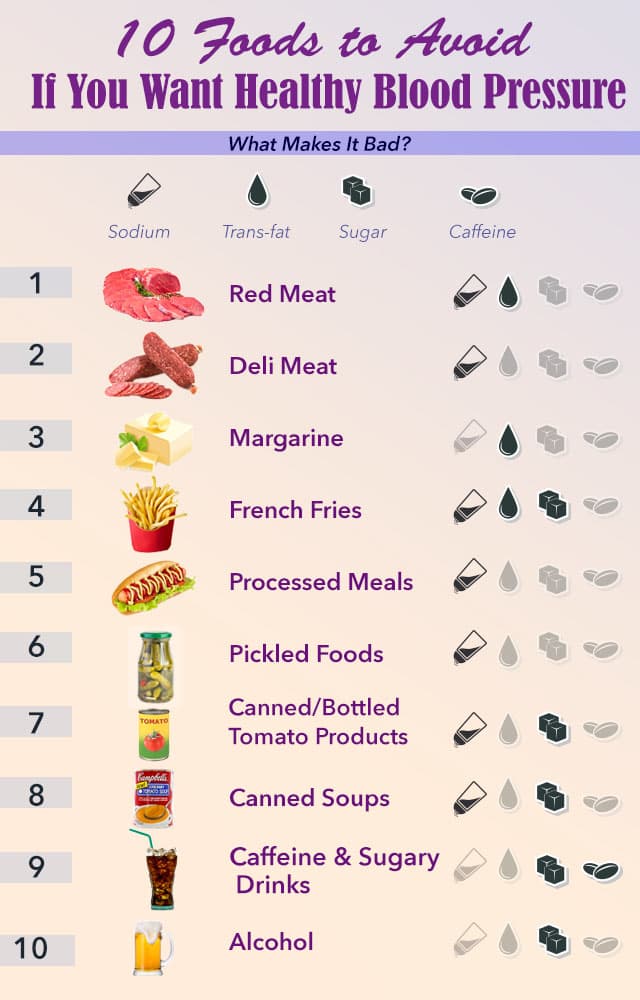Benefit Your Brain with Coffee
Coffee is one of the most consumed beverages globally. It is a major source of antioxidants and hugely popular in the western diet.1 Previously unfairly demonized as a psychostimulant, coffee can have health benefits, especially for brain function.
How Coffee Affects Your Brain
There are hundreds of compounds in coffee that contribute to its potential health benefits, caffeine is the most active one. Other ingredients include cafestol, kahweol, chlorogenic acids and trigonelline. Coffee is also rich in antioxidants that help fight against free radicals.
Caffeine is the component of coffee most associated with affecting different brain functions. When caffeine enters your system, it inhibits the adenosine receptors that make you sleepy. This improves your reaction time, vigilance, mood, learning abilities, attention and general brain function.
Caffeine is most effective on the brain and body during the first 6 hours after ingestion.
Ten minutes after drinking coffee, the caffeine enters the bloodstream and causes a spike in heart rate and blood pressure. In the next ten minutes, it binds to adenosine to neutralize fatigue and boost energy. Dopamine levels increase, making you feel alert and more focused.
Within a half hour, adrenaline production increases and the pupils dilate to sharpen your vision for a short period. Within 40 minutes, the production of serotonin is increased, thereby improving neuron function in the spinal cord. This may cause improved muscle strength and better coordination.
Between four to six hours after consumption, the ingested caffeine stimulates the body's metabolism and promotes the breakdown of stored fats for energy. By this time, half of the caffeine consumed will have been used up.
Effects of Coffee on Your Mood
According to a review done by A. Nehlig, taking 75mg of coffee—equivalent to a cup—every 4 hours can improve one’s mood. Taking lower amounts of coffee several times a day can improve positive thinking and support a positive attitude.2
The body breaks down ATP, a high-energy molecule, to produce energy. During this process, the body also produces adenosine, a sleep-promoting hormone that causes you to feel tired. When adenosine binds with brain receptors, it slows down the activity of your nerve cells, which makes you sleepy. Caffeine works as what is called an “adenosine antagonist.” When it binds to the receptors, it blocks adenosine from reaching the receptors, thus reversing slowed nerve cell activity.3 This can elevate your mood, helping you feel energized and alert.
Coffee Boosts Clarity
Drinking coffee supports your ability to problem solve and focus, which can make it easier for you to have clear ideas on a project. Caffeine found in different foods and drinks raises the plasma concentration, which blocks adenosine receptors, again promoting feelings of alertness.3 By supporting overall cognition and memory, caffeine can help give you an edge with critical thinking.
Coffee Enhances Attention
The caffeine in coffee acts as a stimulant to the central nervous system. Based on studies, caffeine intake can improve mental performance and your attention span.4 Caffeine heightens your level of wakefulness, especially in situations where one is deprived of sleep, like driving at night or working at night.
Coffee Improves Learning Skills
Having a cup of coffee has been researched to benefit your learning skills by promoting brain alertness and function.3 This is thanks to the caffeine that acts as a stimulant that may positively affect your mood, thereby aiding performance and potentially improving your learning abilities.
Coffee promotes increased focus and concentration. This makes it easier for you to pay attention to what you are trying to learn. This is especially helpful if you are in an environment with many distractions. Coffee may also enhance short-term memory, which is activated when the brain learns new material. Coffee makes it easier to retain new information.
Enhances Your Reaction Time
Drinking coffee can help improve reaction time and performance.5 Caffeine stimulates the production of adrenaline in the body. This blocks brain cells from detecting the adenosine that slows down cell function. Once adrenaline is activated, a person’s reaction time is potentially improved since the mind is able to process situations faster.
Benefits of Coffee on General Mental Function
Coffee has the ability to engage brain receptors, which helps you remain alert for longer. Generally, coffee helps improve your brain function by inhibiting slow cell responses and aiding thinking.2 It may support a healthy memory, making it easier for you to remember details better and retain information. Studies show that drinking coffee offers cognitive benefits and is suitable for adults of all ages.
Between a delicious, robust flavor and so many brain health benefits, there really is a lot to love about your morning cup of joe.

Meggie is a marketing expert and a data junkie with more than six years of experience in the field. Aside from being a marketing nerd, she loves taking her life to the extreme with bungee jumping and skydiving when she feels some freedom.
1. Intakes of Antioxidants in Coffee. National Institutes of Health. Read source.
2. The Acute Physiological and Mood Effects of Tea and Coffee. Pharmacology, Biochemistry, and Behavior. Read source
3. Caffeine and Adenosine. Journal of Alzheimer's Disease. Read source
4. Effects of Caffeine. Consciousness and Cognition. Read source
5. Caffeine. Nutrients. Read source



